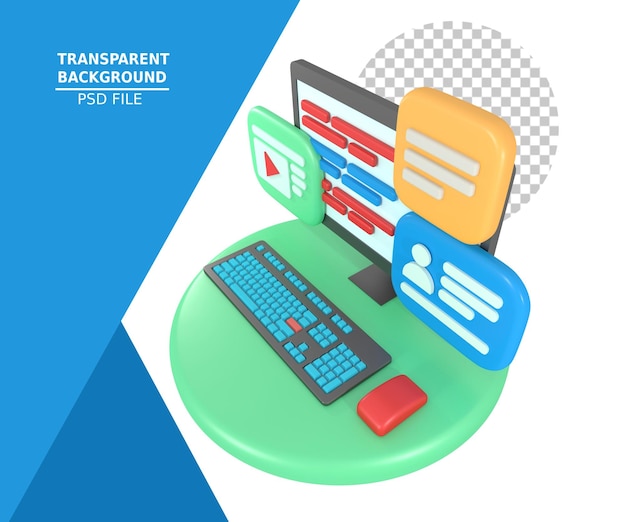Recruiting is a challenging and time-consuming process for HR professionals. In order to streamline your recruitment processes and cut down on manual spreadsheet work, you may want to investigate recruitment software. Recruitment agency software can automate many of the tasks recruitment professionals typically do, leaving more time for strategic thinking about hiring processes and initiatives. You’ll also have a centralized system that keeps track of all applicants and potential employees, making it easier to manage them all. To help you find the right recruitment software for your business, we’ve created this ultimate guide with everything you need to know before making a decision. Read on to learn about the benefits of using recruiting software, different types of programs, considerations when choosing systems, what features are essential, price range and much more…
What is Recruiting Software?
Recruitment software like Recruiterflow is designed to help with specific workflows and tasks related to the recruitment process. You can use it to source, shortlist, and screen candidates, manage job boards and apply tracking, create job descriptions and sourcing tools, conduct interviews, schedule hiring events, manage and track employee data, and more. Beyond the standard features offered by most systems, you’ll want to look at how you can customize your software to meet your needs. Customization options vary by vendor, so make sure to select a system that will allow you to meet the requirements and needs of your business.
Why Use Recruitment Software?
There are many benefits to using recruitment software. It can help you save time and increase your hiring productivity through automation. It also keeps all your hiring efforts, candidates, and information in one place, making it easy to stay organized and track progress. Beyond the general benefits of using software, there are specific reasons why you should use a recruitment solution. For example, you may want to decrease turnover by ensuring you have the right people on board. Or you may need to scale hiring in response to increased demand. Beyond the obvious reasons, there are some hidden benefits to using recruitment software, too. It can help you improve your hiring process by flagging possible risks and issues. It can also help you retain employees by giving them a smooth onboarding experience.
Different Types of Recruitment Software
When evaluating recruitment software, it’s important to understand the different types of solutions. While some providers offer one-size-fits-all solutions, others categorize their products as enterprise or recruitment management systems. You’ll want to get an idea of how you can use the software and what your business can get out of it. Enterprise software solutions focus on helping businesses manage large-scale hiring and employees. They typically offer everything from sourcing and screening to ongoing management of employees. Enterprise solutions are often used by large organizations that require a high level of customization. On the other end of the spectrum, recruitment management systems are typically designed for small and medium-sized businesses. RMS systems offer many of the same functionalities as enterprise solutions, but they have limited customization options.
Considerations When Choosing Recruiting Software
When selecting a recruitment solution, it’s important to consider your needs. Remember, you’ll likely be using this software for several years, so it’s important to choose something that can grow with your business. Beyond functionality and compatibility, here are a few other things you should keep in mind: While most providers offer a free trial, be sure to use it. This will give you an opportunity to test the system and experience it first-hand before making a commitment. Beyond functionality, you may want to consider how easy the software is to use. It should be straightforward and intuitive, with minimal training required for your team members. Additionally, you should also consider the vendor behind the software. You want to make sure it’s a reliable company that can provide ongoing support and service.
Essential Features for Effective Recruitment Software
When selecting recruitment software, keep an eye out for these essential features. They’ll help you make the most of your recruitment software and integrate it into your business seamlessly. An easy-to-use interface: You want a recruitment software that’s simple and intuitive, so it’s easy to use for everyone in your organization. Make sure it’s easy to navigate and intuitive, so your team members can use it without training. Compatibility: Recruitment software should offer full functionality on all devices, including mobile devices. It should also be compatible with your company’s other technology, such as your HR management system. Integrations: Make sure your recruitment software integrates with your existing systems, like your CRM and applicant tracking system. This will help you seamlessly track information and data throughout your whole recruitment process.
Bottom line
Beyond its basic functions, a recruitment solution should be able to adapt to your organization’s needs. Keep in mind that no two businesses are the same. What works for one enterprise may not be the best solution for another. It’s important to spend time researching and selecting the right recruitment software for your organization. Be sure to consider your business’s needs, requirements, and budget. With the right recruitment software, hiring top talent will be easier than ever before.





